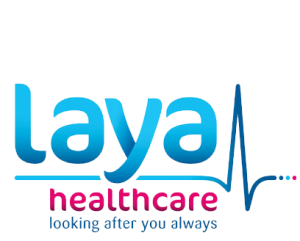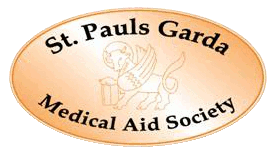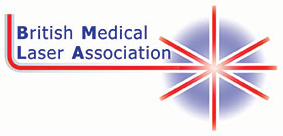 Download this information as a PDF
Download this information as a PDF
Ten rules for people with fair or sensitive skin and those with sun damage.
1.
Cover up in the sunny weather – wear a broad rimmed cotton or felt (not straw) hat that covers your face, ears and the back of your neck. Wear a long sleeved shirt and long trousers or a long dress.
2.
Put a total sun block on the exposed skin (e.g. face, ears, neck, hands and feet). Choose a sun protection factor (SPF) of 25 or greater (i.e. the amount of UVB blockage). UVA protection factor must be at least one-third of the labelled SPF so choosing a sunscreen with a higher SPF will also mean high UVA protection.
3.
Avoid going out in the middle of the day (11 a.m. – 2 p.m.) when the sun is most dangerous.
4.
Remember that you can get sun damage even on cloudy days (70% of the damaging sun rays will penetrate through clouds, through glass and water).
5.
Take care to protect your skin from the sun all year round, not just the summer months. Be extra careful when overseas in sunny countries.
6.
Never use a sun bed.
7.
Remember there is no such thing as a “safe tan”. Tanning is a sign of skin damage. However, fake tans are safe but you still have to use all the above precautions (i.e. total sun blocks and protective clothing) when in the sun.
8.
Too much sun (or sun beds) can cause skin cancer especially in Irish people who have sensitive skin. Excessive sun exposure (or sun beds) will also prematurely age the skin and cause wrinkles.
9.
Beware of a cooling breeze, especially on a cloudy day when out bathing, golfing, gardening or on a boat as it may temporarily mask the burning effects of the sun rays which may be hidden by the clouds.
10.
If you are being sun smart to protect your skin from ultra violet light you should consider taking a vitamin D supplement (approximately 800 iu or 20 μg per day) as the sun shining on our skin is our principal source of vitamin D.
SKIN CANCER - What to look out for!
There are two main types of skin cancer, malignant melanomas and non-melanoma skin cancers.
Malignant melanomas
This is the most serious and dangerous type of skin cancer. They grow rapidly, spread early and can be fatal. They usually arise from freckles or moles. The warning signs to look out for are any one of the following three major signs:
A mole or freckle that is getting bigger (changing in size).
Or
A mole or freckle that is changing in shape: most moles are round or oval with a symmetrical shape. When a mole develops an irregular border it is a bad sign.
Or
A mole or freckle that is changing in colour: most moles are an even shade of light or dark brown. When a mole develops irregular shades of colour it is a bad sign.
If any of your moles develop any one of the above signs you should contact Dr. Buckley immediately as early detection and removal of a malignant melanoma can be life saving.
Other minor warning signs to look out for in a mole or a freckle are as follows:
- Itch
- Size greater than the head of a pencil (i.e. >7mm)
- Bleeding or crusting
- Inflammation.
Non-melanoma skin cancers
These include basal cell carcinomas (BCC) and squamous cell carcinoma (SCC). SCCs grow slowly and rarely spread beyond the skin unless they are neglected for a long time. BCC’s can never spread beyond the skin no matter how long they are present so they are not fatal. However, they can spread locally within the skin and cause troublesome ulcers or damage local structures such as the eyes, ears or lips.
The warning signs to look out for are as follows:
- A new growth on the skin, which appears for no apparent reason.
- A sore or an ulcer that will not heal after two to four weeks.
- A persistent isolated scaly patch on the skin that does not clear up with topical creams
If you have any of these warning signs please get Dr. Buckley to check your skin - contact us.














